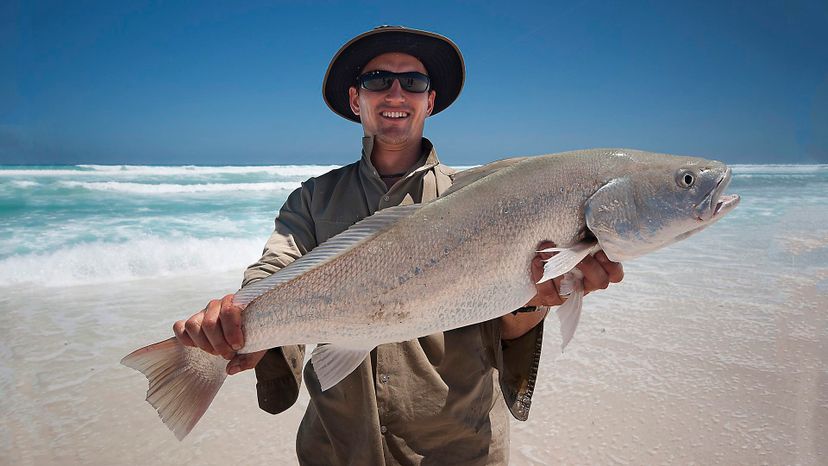
About This Quiz
For too long, the marsupials have captivated the attention of Australian wildlife enthusiasts. Sure, koalas are as cute as a bug's ear and everyone has secretly wanted to try boxing a kangaroo, but have you ever looked in the rivers, lakes and oceans around Australia? They're positively teeming with unique wildlife. Some of it is small and unassuming, some of it is massive and dangerous. With over 5,000 species of fish, there's plenty to go around.
Australia's uniqueness is present as much in its waterways as it is on the land. Some species have been introduced from far away, like rainbow trout, but many species of fish can only be found in Australia, like the blind cave gudgeon. Surrounded on all sides by oceans, it has some of the most remarkable marine species in the world, too. If you want to catch the best champion giant black marlin, you do it in Australia!
So do you think you know the difference between a barramundi and a bullrout? Can you identify an Empire gudgeon at 50 paces? Is there any chance you'd not know an un-speckled hardyhead when you saw one? If you think you have what it takes, dive in and take the test!
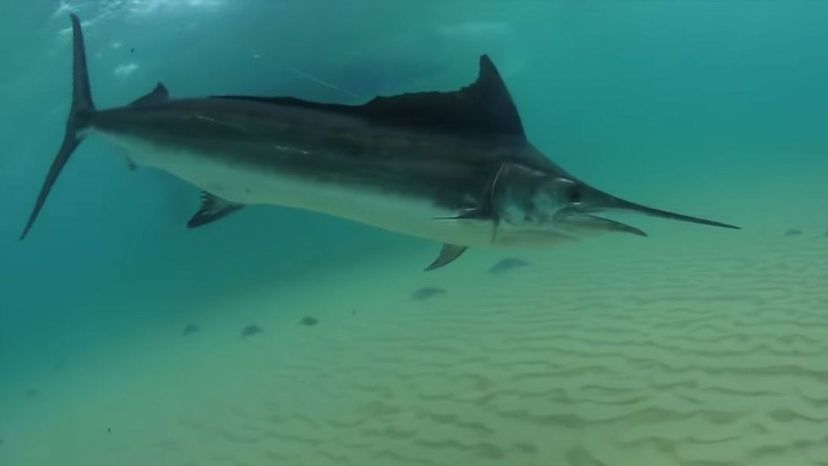
The impressive giant black marlin can swim at speeds of up to 80 miles per hour which is an impressive feat for something that can also weigh over 1,600 pounds.
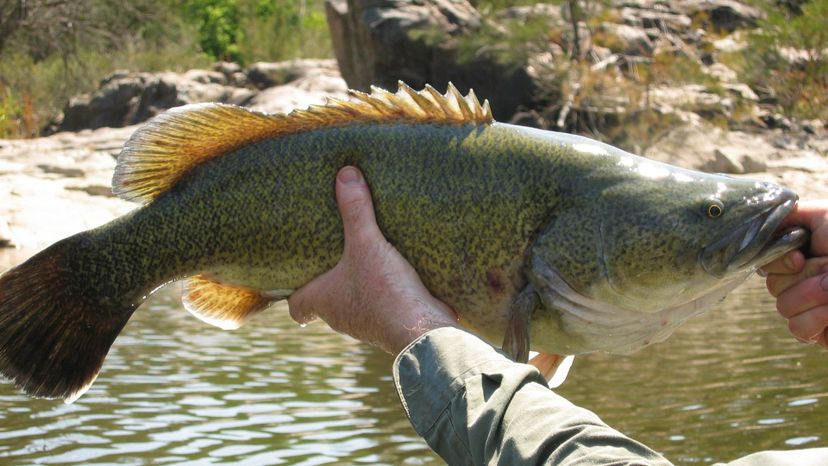
The Murray cod can get up to nearly 250 pounds in weight. They're also a long-lived fish, with some living well into their 40s.
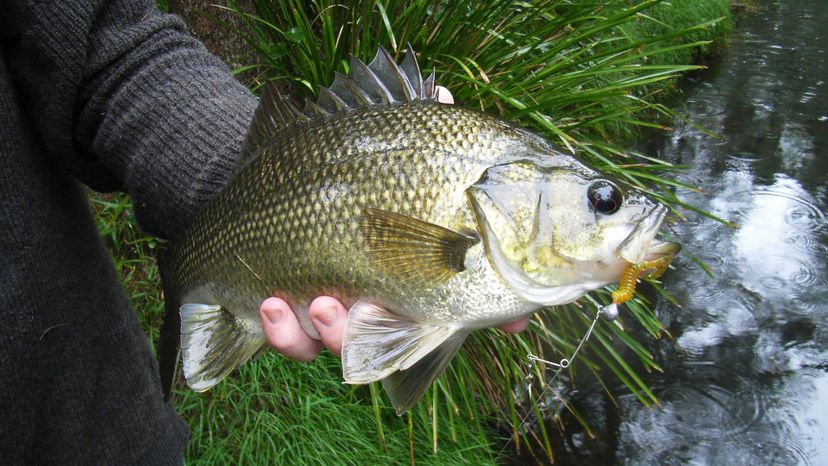
Australian bass spend almost their whole lives in fresh water, but they do need salt water when it comes time to mate. About 40% of the bass' diet in the summer comes from insects that fall from trees and plants into the water.
Advertisement
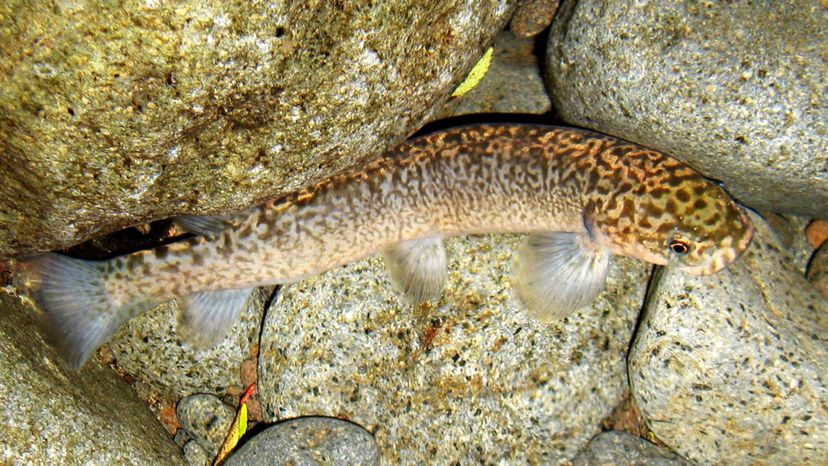
The climbing galaxias gets its name from its unique ability to use its broad pectoral and pelvic fins to climb out of the water and up vertical rock faces and waterfalls. That's a pretty cool skill for a fish to have.
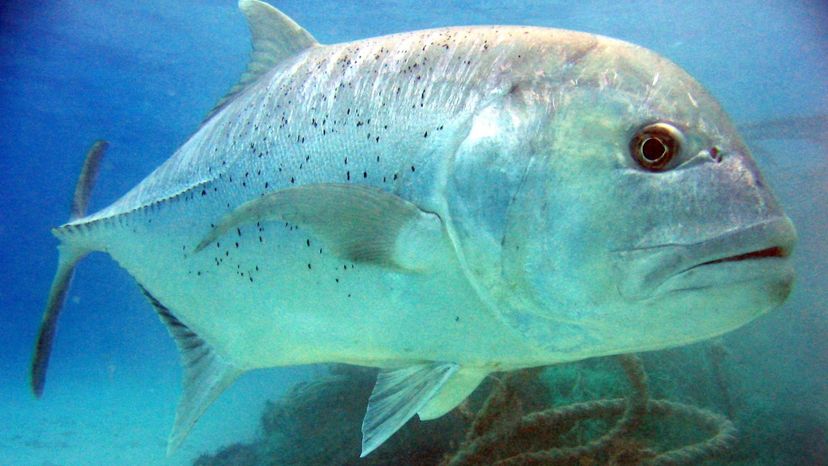
Weighing up to 175 pounds, the giant trevally is one tough cookie that has been known to attack and eat turtles and even dolphins. The trevally will attack prey by swimming in incredibly fast and body-slamming the other fish, stunning it so that the trevally can eat it, often in one bite.
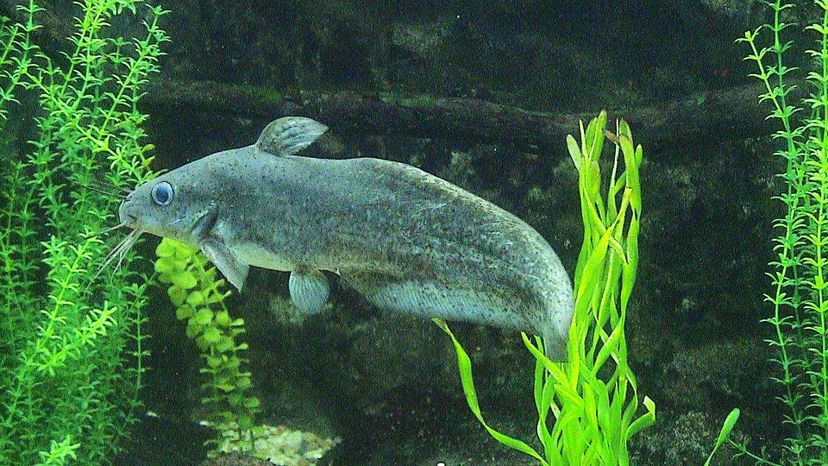
Unlike many fish species that will travel great distances to spawn, electronic tracking has shown that the eel-tailed catfish is a bit of a sedentary fish that rarely travels very far at all. It generally stays within the same small area for its entire life.
Advertisement
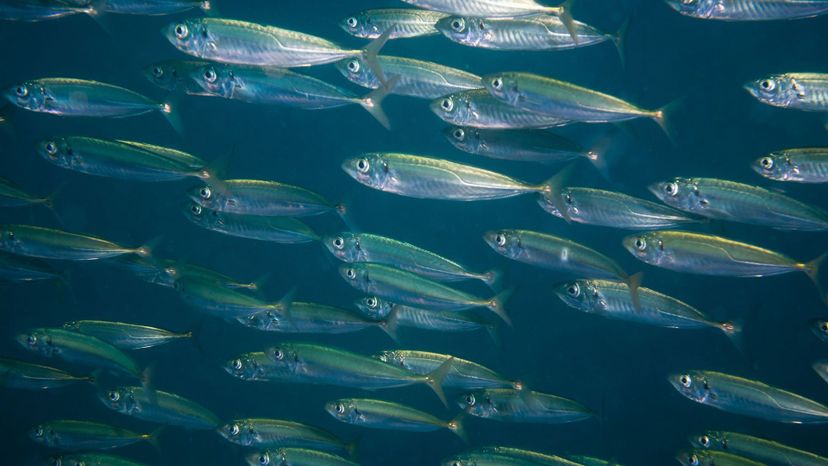
Australia's fishing industry catches many tons of mackerel every year. It's an extremely popular fish that can be prepared a number of different ways and is highly sought after for being one of the best fish for barbecuing in the world.
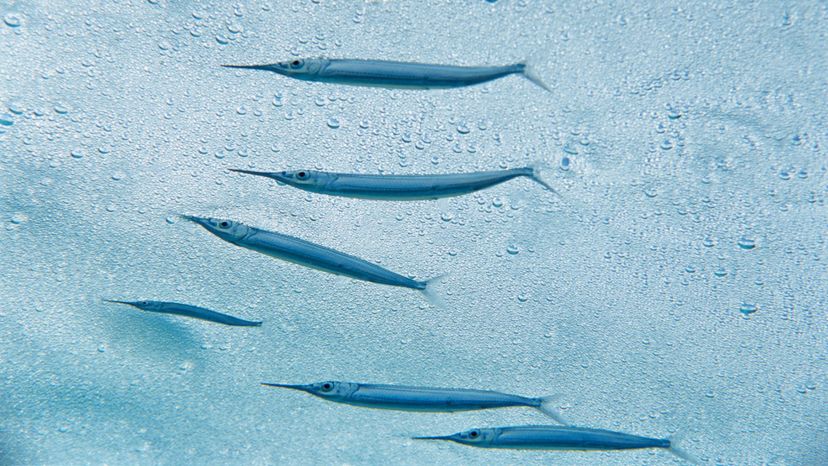
The long point on the halfbeak's face is actually the fish's lower lip. When the halfbeak is in danger, it can actually skip its body across the surface of the water to try to escape. Some species are even capable of gliding for a short distance through the air
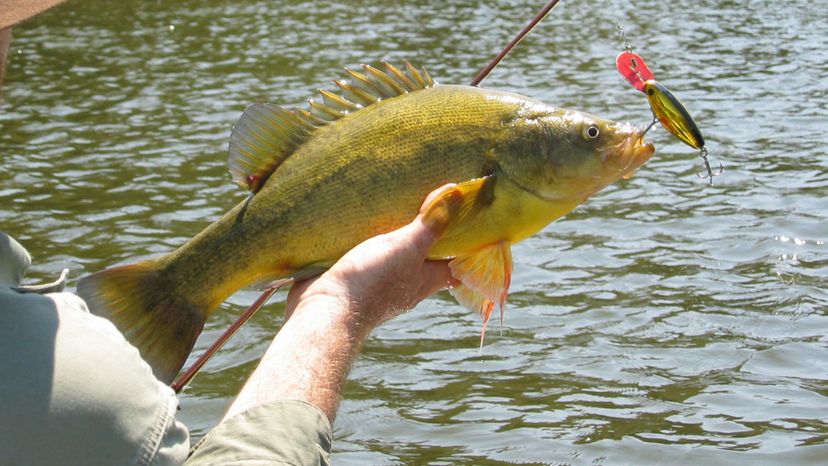
Even though the golden perch is a fairly small fish, rarely getting much longer than 15 inches, they can be very prolific travelers. Some golden perch have been known to migrate more than 600 miles!
Advertisement
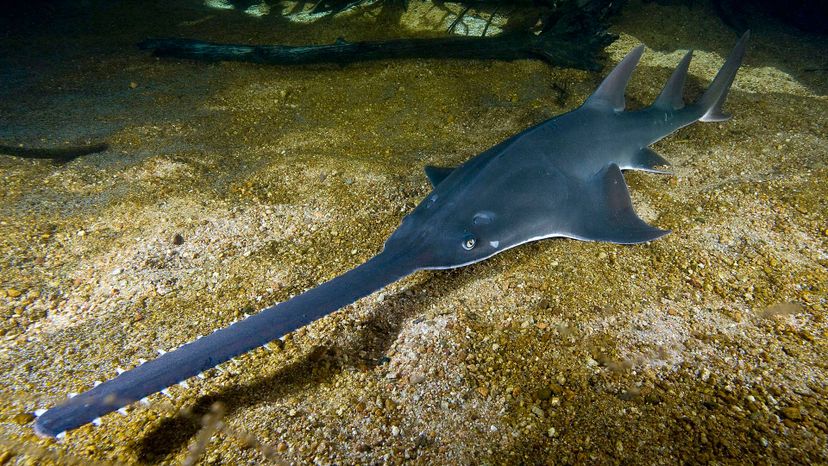
The unusual saw on the face of the largetooth sawfish is used to help it hunt prey. The sawfish can swing the saw through a school of prey fish to stun them, and it's also helpful in extracting small shellfish from where they're hiding under the mud.
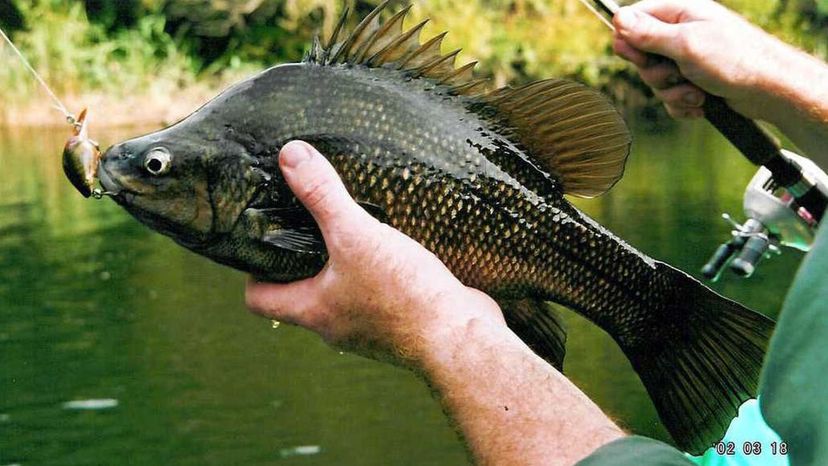
There are two separate populations of Macquarie perch in Australia. One population is found in the Murray, Lachlan and Murrumbigee Rivers while an eastern population is believed to have separated from the main population as far back as 600,000 years ago.
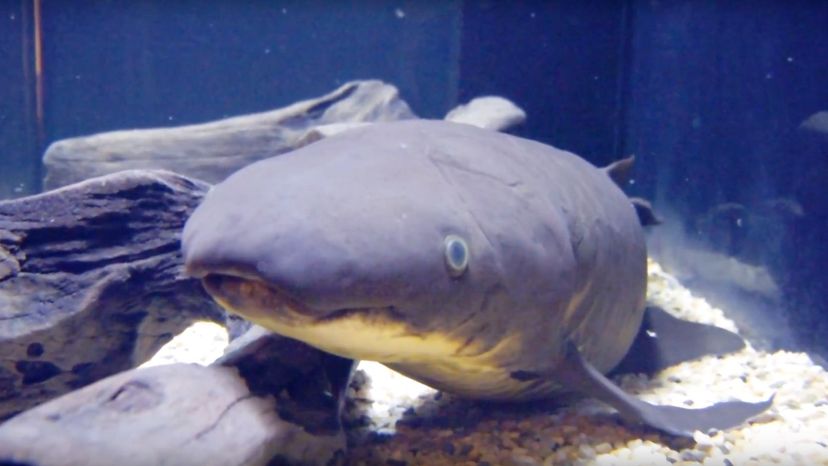
The lungfish has a remarkable skill that most fish don't possess - it can actually live out of the water. During times of drought, the lungfish is able to breathe thanks to a single, functional lung. It can survive for several days without water.
Advertisement
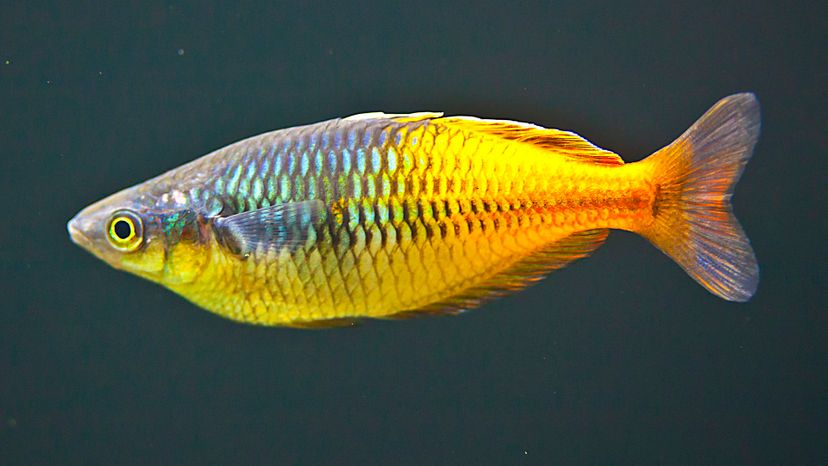
The name rainbowfish is actually a pretty vague label, since there are over 50 species of rainbowfish. Regardless of the species, their color gets more intense as they age and also when they are stressed out.
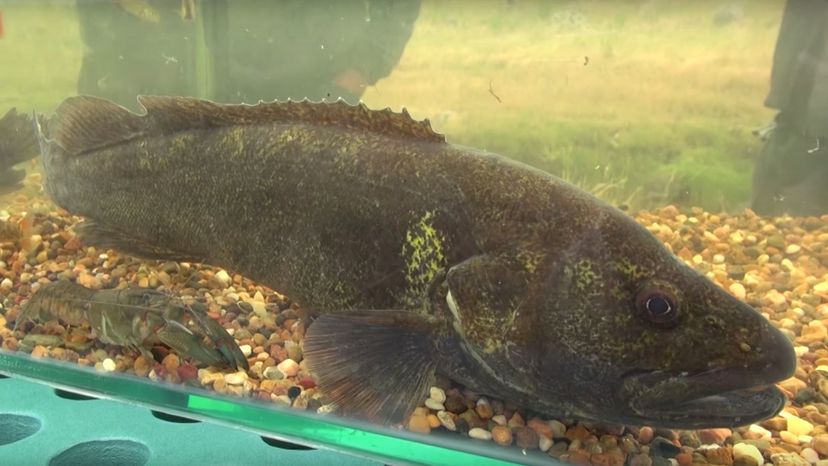
The river blackfish is usually pretty easy to pick out of a crowd thanks to its unusual pelvic fins. Rather than a normal fin, the blackfish has a pair of fine filaments that look like whiskers hanging down below its throat.
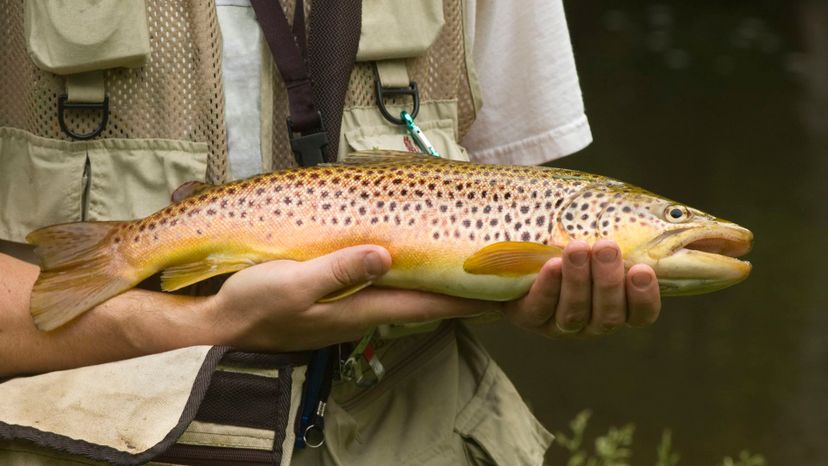
People spent 20 years trying to introduce brown trout to Australian waters before the species finally took off in Tasmania back in 1864. From there, it made it to the mainland and has been a popular game fish ever since.
Advertisement
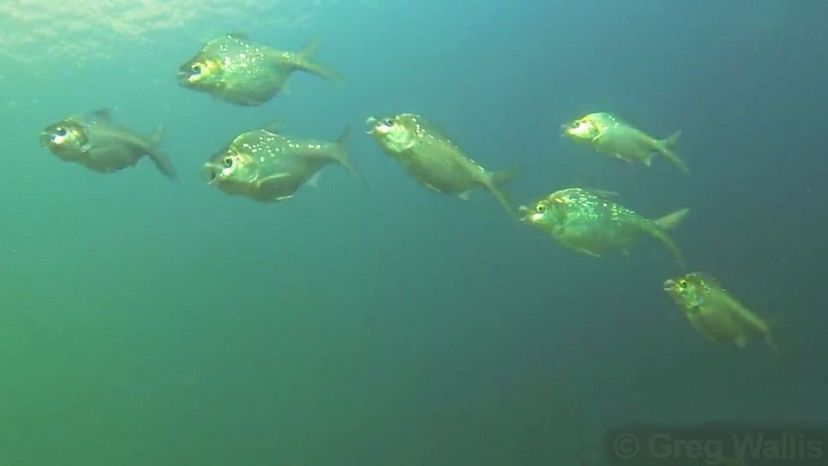
Though it might look unremarkable, the bony bream is actually a very versatile fish that is able to survive in a range of environments. They're freshwater fish but can handle water with salinity close to seawater and temperatures that range from 9 degrees Celsius to 38 degrees Celsius.

Not only is the red emperor considered a very flavorful fish, but it's also used very often for the stunning presentation it gives when served whole. The bright red color is very eye-catching if you're trying to make a dinner look a little extra fancy.
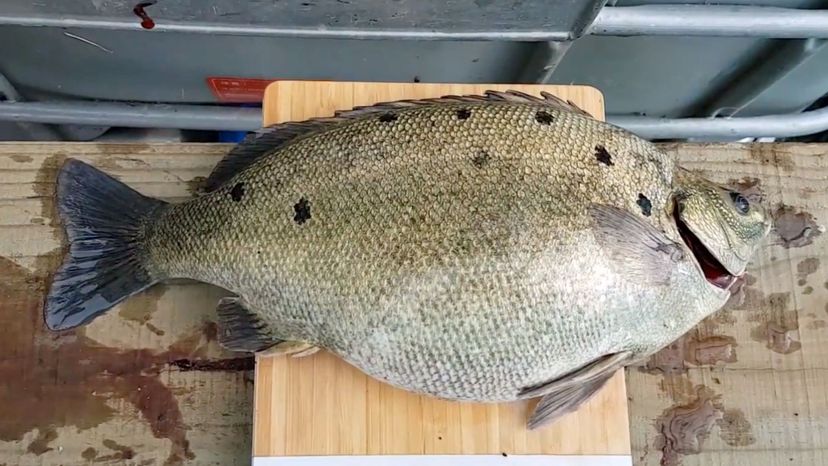
The Barcoo grunter gets its name from a river in which it's found in Australia. The Barcoo River was once called the Victoria River but was renamed Barcoo for an Aboriginal word sometime later.
Advertisement
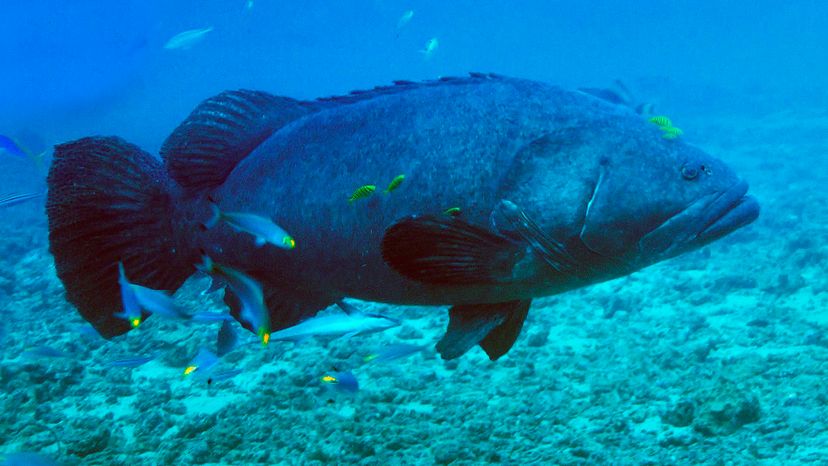
The giant grouper is one of the biggest reef-dwelling fish in the world. Perhaps because of their size, groupers are not easily intimidated and will often approach divers at close range to see what they're up to.
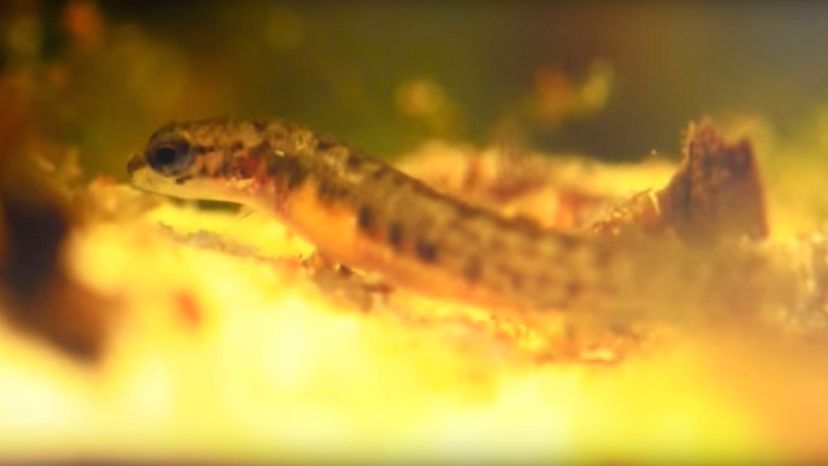
The salamanderfish can be found in semi-permanent pools in Southwestern Australia. If their pool dries up in the dry weather, salamanderfish have a unique ability to actually burrow into the damp soil below and sustain themselves until the pool refills.
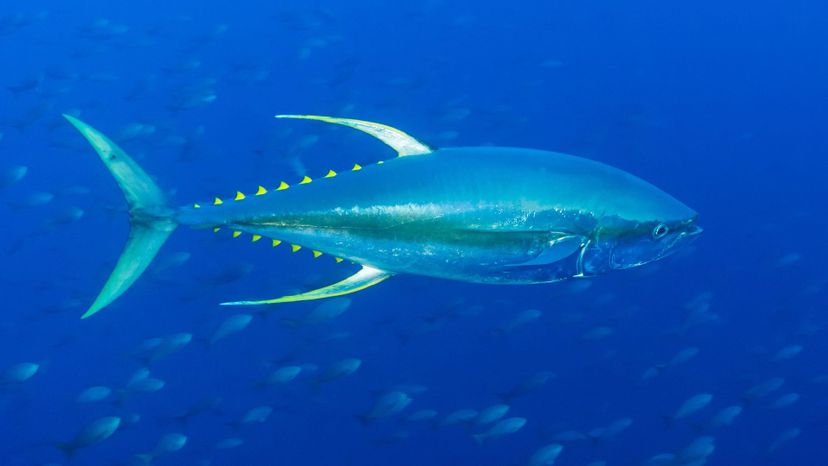
Nearly all fish are cold-blooded animals. One of the exceptions is tuna like the yellowfin which are actually warm-blooded. This means tuna have an extra strength and speed advantage over other kinds of fish.
Advertisement
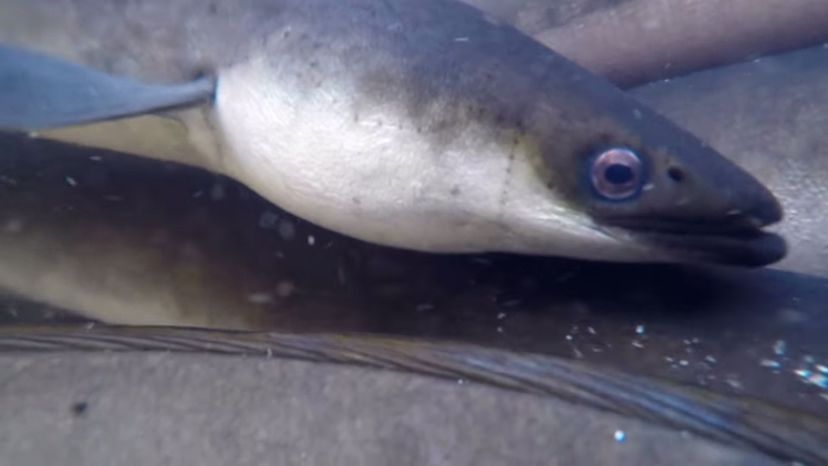
Short-finned eels spend most of their lives in fresh water, but they migrate to the ocean to spawn. In fact, all short-finned eels in Australia and New Zealand migrate to the same location in the Coral Sea to spawn.
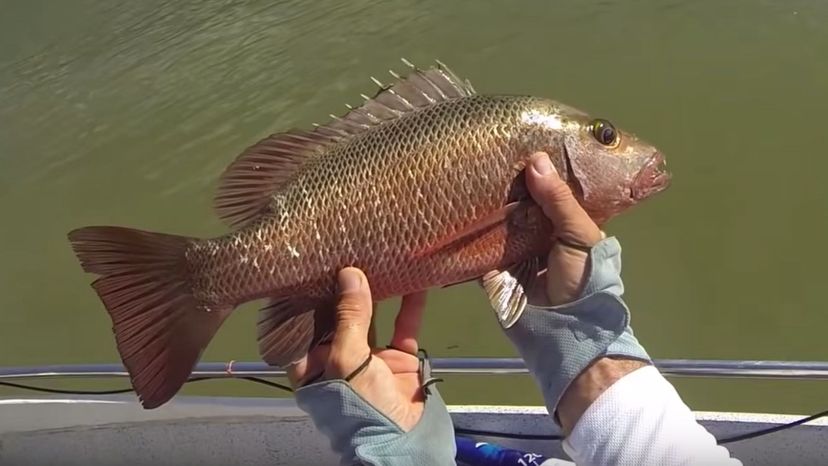
Mangrove Jacks are known for having some prominent canine teeth that look like fangs. The teeth are generally used for holding prey, but you probably don't want to get your hand in their way, just to be safe.
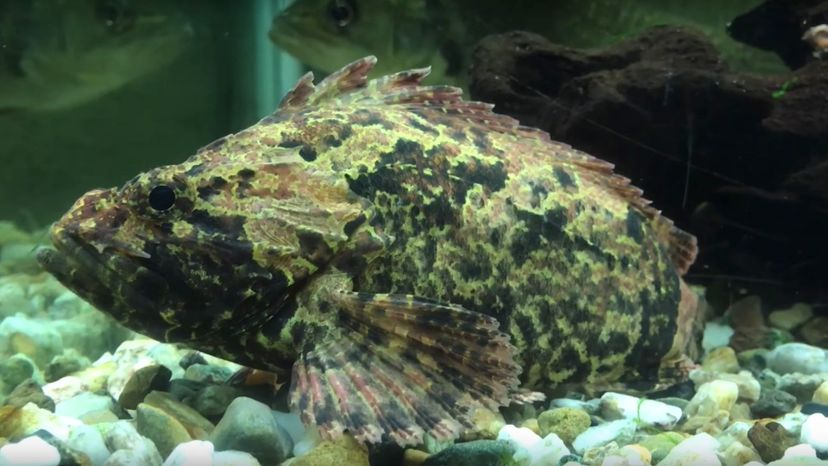
The bullrout has a series of 15 very sharp spines along its dorsal fin. These spines can easily penetrate flesh, and when they do, they inject venom into their victims. Bullrout venom causes extreme pain but is non-lethal.
Advertisement
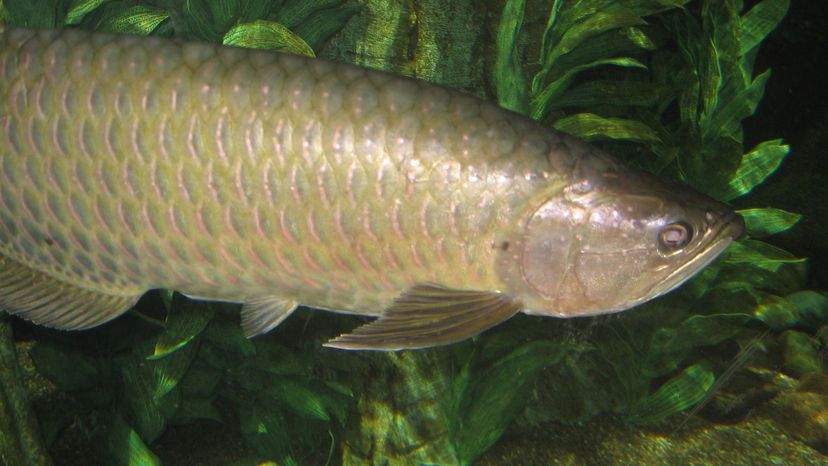
The northern Saratoga is a popular fish among sports fishers. Saratoga are highly energetic fish and are known to leap out of the water frequently when they're hooked on a line.
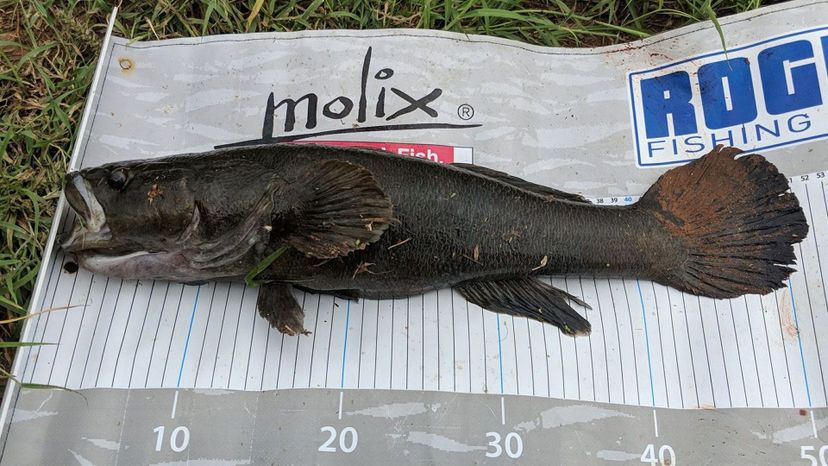
This fish is popular not just because it's considered quite tasty but also because it lives up to its name by being rather docile and easy to both catch and raise on fish farms.
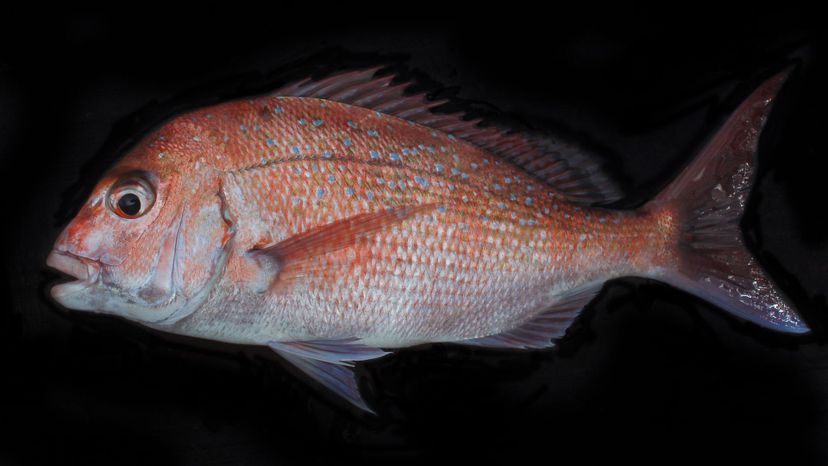
Electronic tagging has shown some strange migration habits in pink snapper. While some will swim hundreds of miles to spawn, many will stay in the same relatively small area.
Advertisement
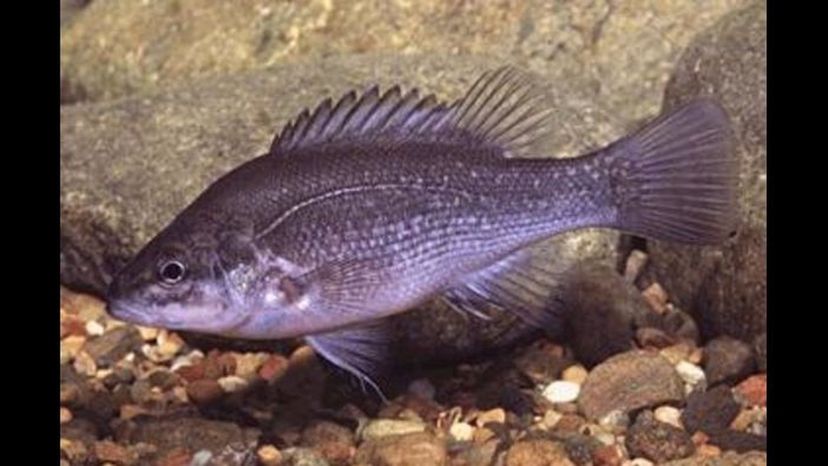
The Bloomfield River cod gets its name because you can actually only find them in a very small section of the Bloomfield River wedged between two waterfalls that prevent the fish from migrating elsewhere.
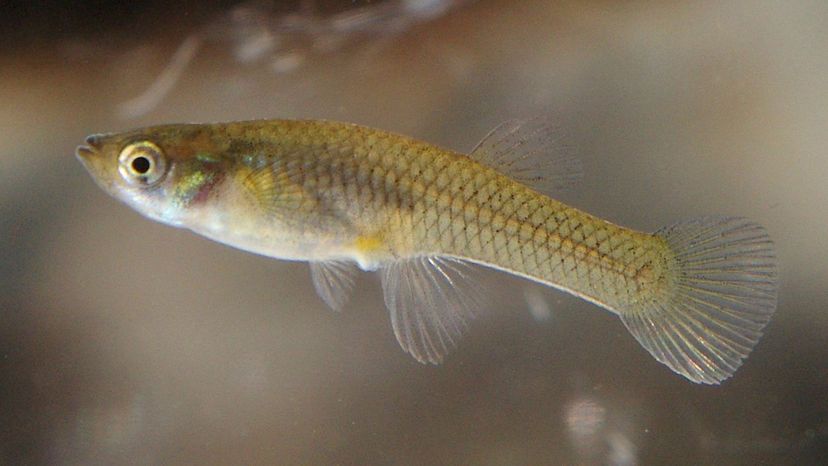
The gambusia was introduced to Australia back in the 1920s. It has a reputation for mosquito control, hence the name mosquitofish, and feeds on mosquito larva. Unfortunately they don't actually do any better at controlling mosquitos than other fish, and as a result, are now considered a pest in Australia.
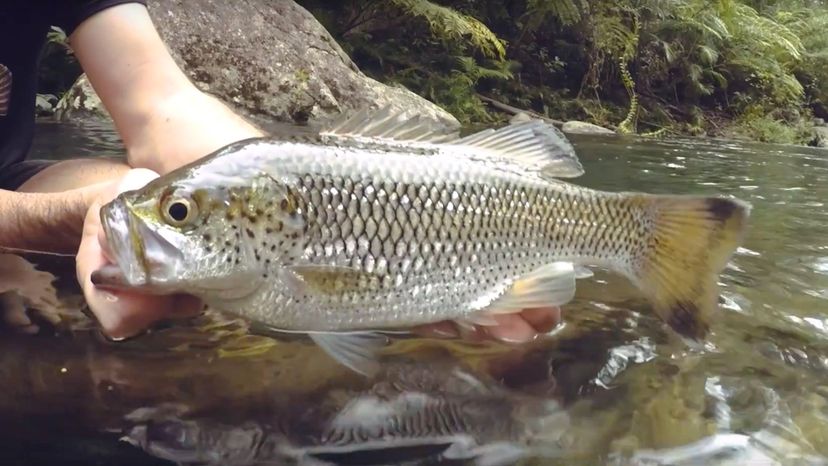
Jungle perch are prized as a sport fish, but you're only allowed to catch one according to government rules. This isn't necessarily as much of a limit as it seems, though, since the fish is very rare to even find, let alone catch.
Advertisement
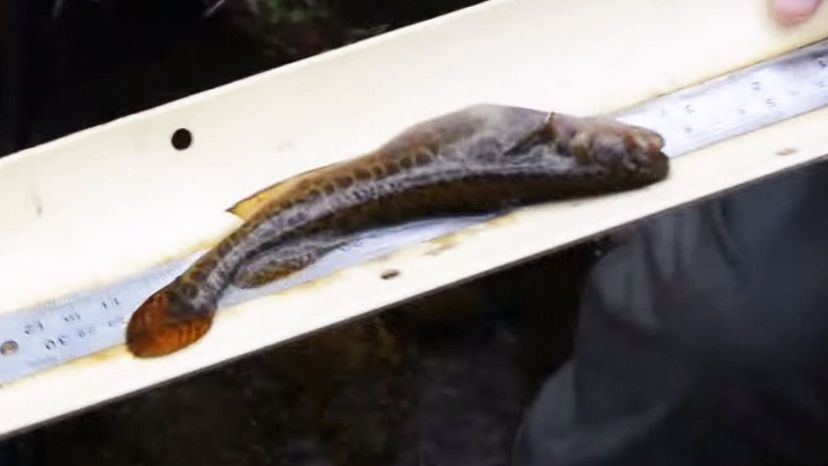
Until 1984, the two-spined blackfish and the river blackfish were considered the same species. The main difference between the two is that the river blackfish will have up to 13 spines on its back and the two-spined blackfish has, you guessed it, two.
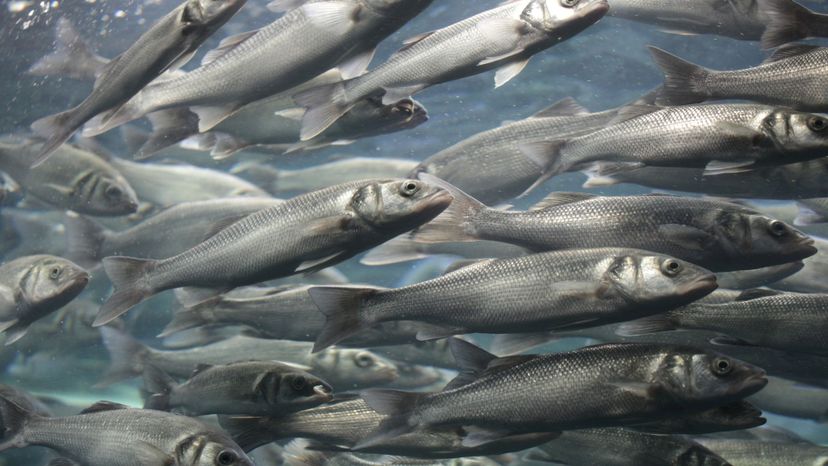
Sea mullet have a very unusual habit of leaping out of the water. This leaping isn't a once or twice thing like most fish, it's something they do frequently. In large groups, they will leap to avoid predators but sometimes a single fish will be observed leaping and rolling across the surface of the water. It's possible they do this to actually breathe air into a lung-like organ they possess.
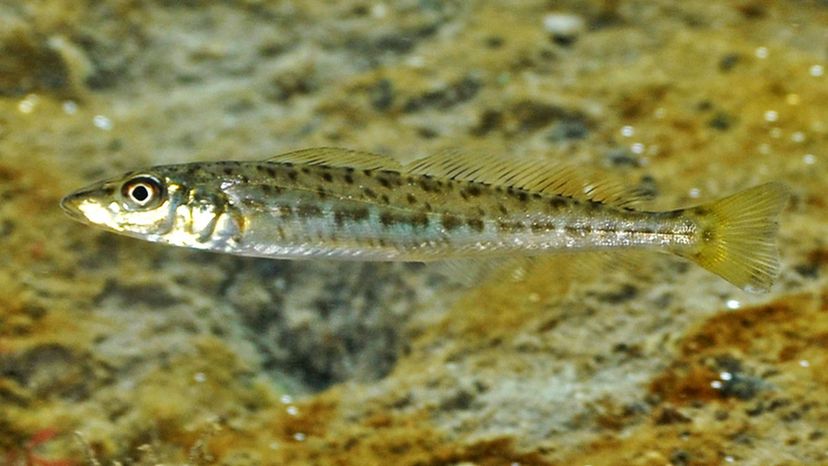
Despite the name, the King George whiting was neither named by King George or even after King George, at least not directly. They got their name from a French naturalist in the 1800s who named them after the King George Sound, where the fish was found.
Advertisement
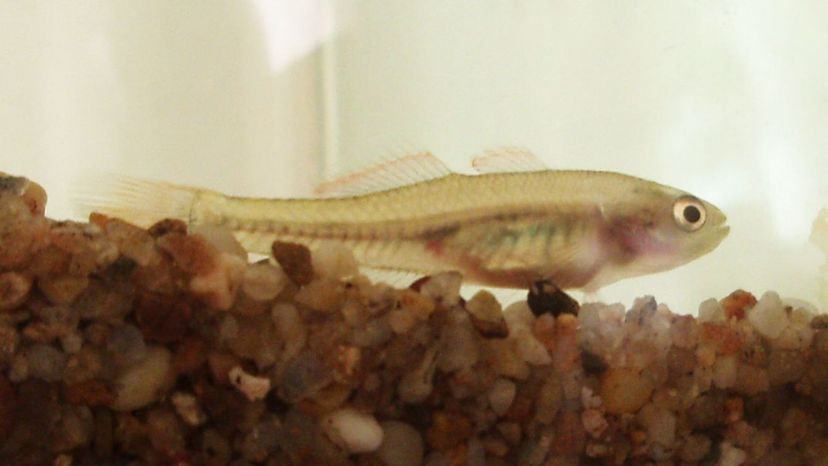
Even though the carp gudgeon is a very common species, there is a growing threat to the wild population in Australia as a result of a parasite called the Asian fish tapeworm.
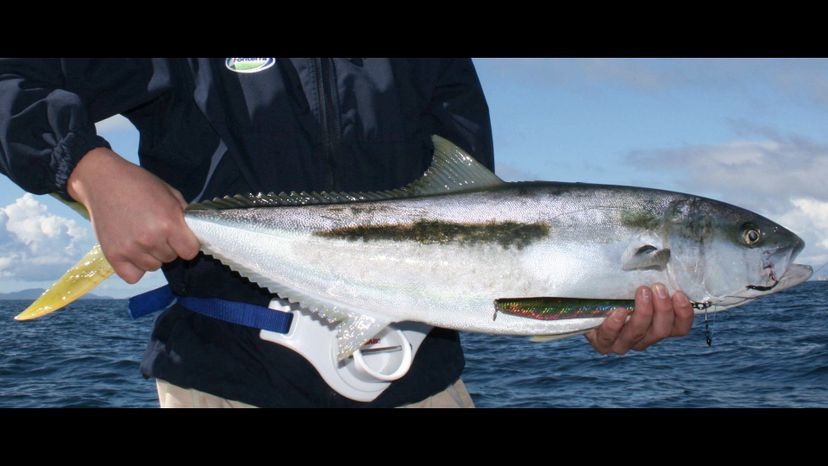
The yellowtail kingfish is an especially curious breed of fish that doesn't startle easily. In fact, if a diver makes some kind of noise it has been known to inspire a kingfish to come closer so it can check things out.
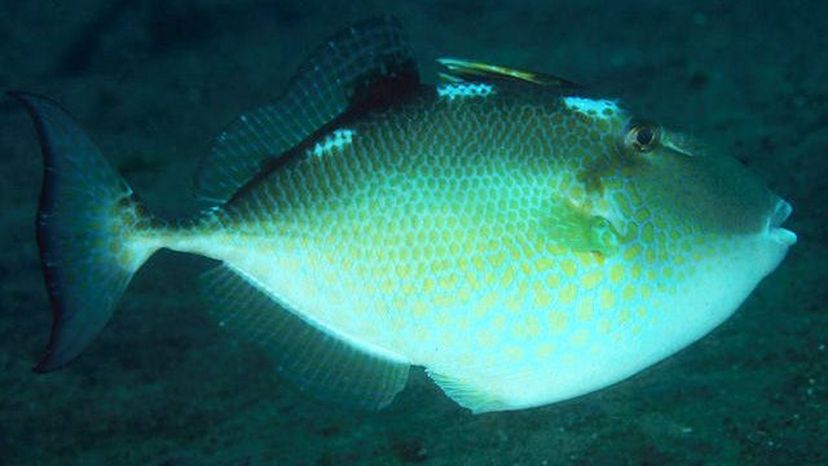
The starry triggerfish is a popular aquarium fish but it can also be eaten. it gets its name from the four bright, white spots that run down its back which make it look like stars in a clear night sky are dotting its back.
Advertisement
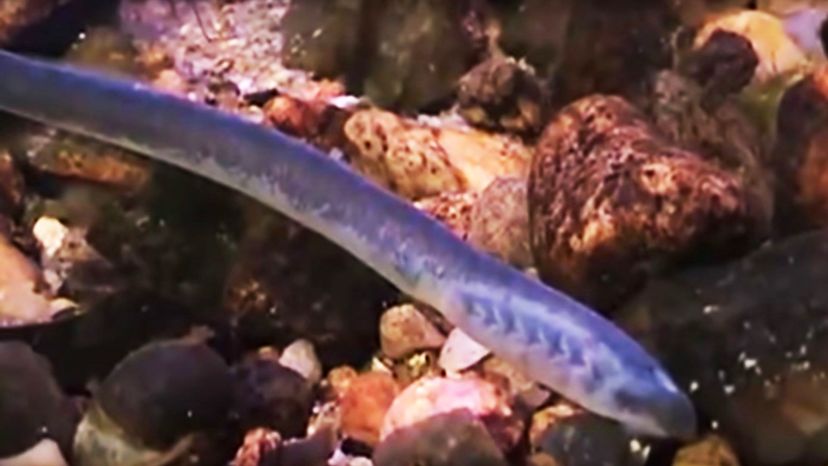
The short-headed lamprey becomes parasitic once it reaches adulthood. They will use their jawless mouth and a circular row of teeth to chew into the side of another fish and feed off of its blood and tissue.
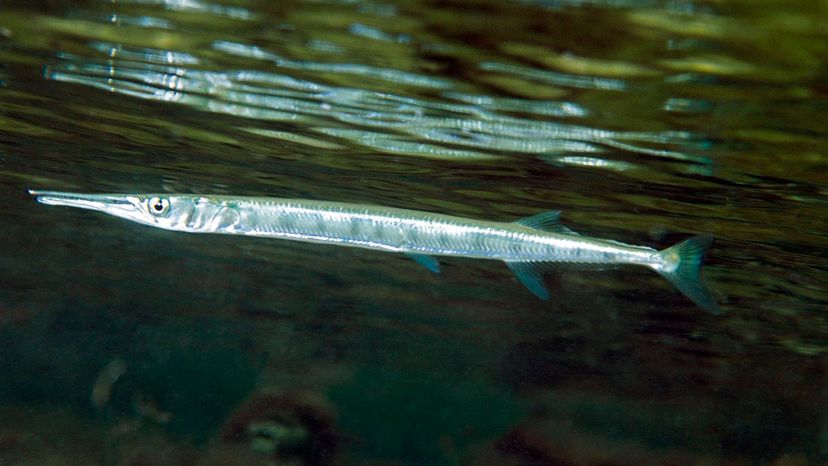
Some needlefish can grow to be almost 3 feet in length. They can actually be dangerous to humans because of their long, sharply pointed beaks. When needlefish are startled, especially by artificial lights at night, they have been known to leap out of the water and in some cases leave deep puncture wounds in people.
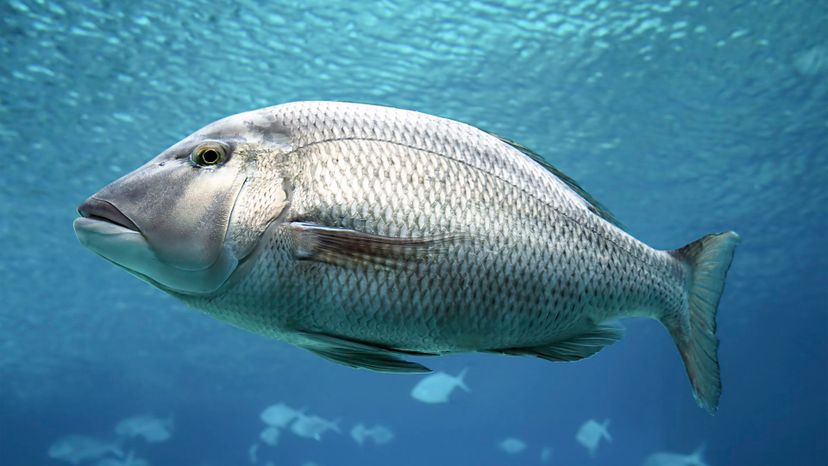
Barramundi are almost all male when they are first born. After 5 or 6 years, so long as they make it to saltwater, they will actually turn into females. During spawning season, a female barramundi can produce over 30 million eggs.
Advertisement
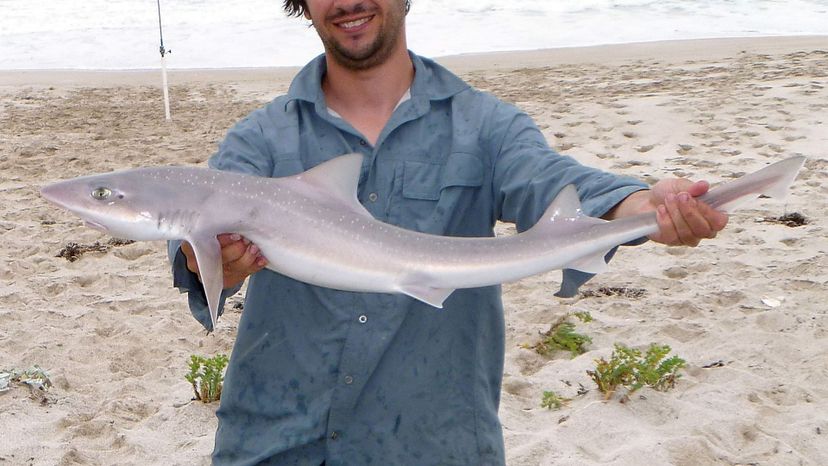
The gummy shark didn't get its name for anything to do with gummy candy. Instead, the gummy shark gets its name for its unusual teeth. While most sharks are known for sharp, pointy teeth, the gummy shark has flat teeth that make it look like it's gumming its food.